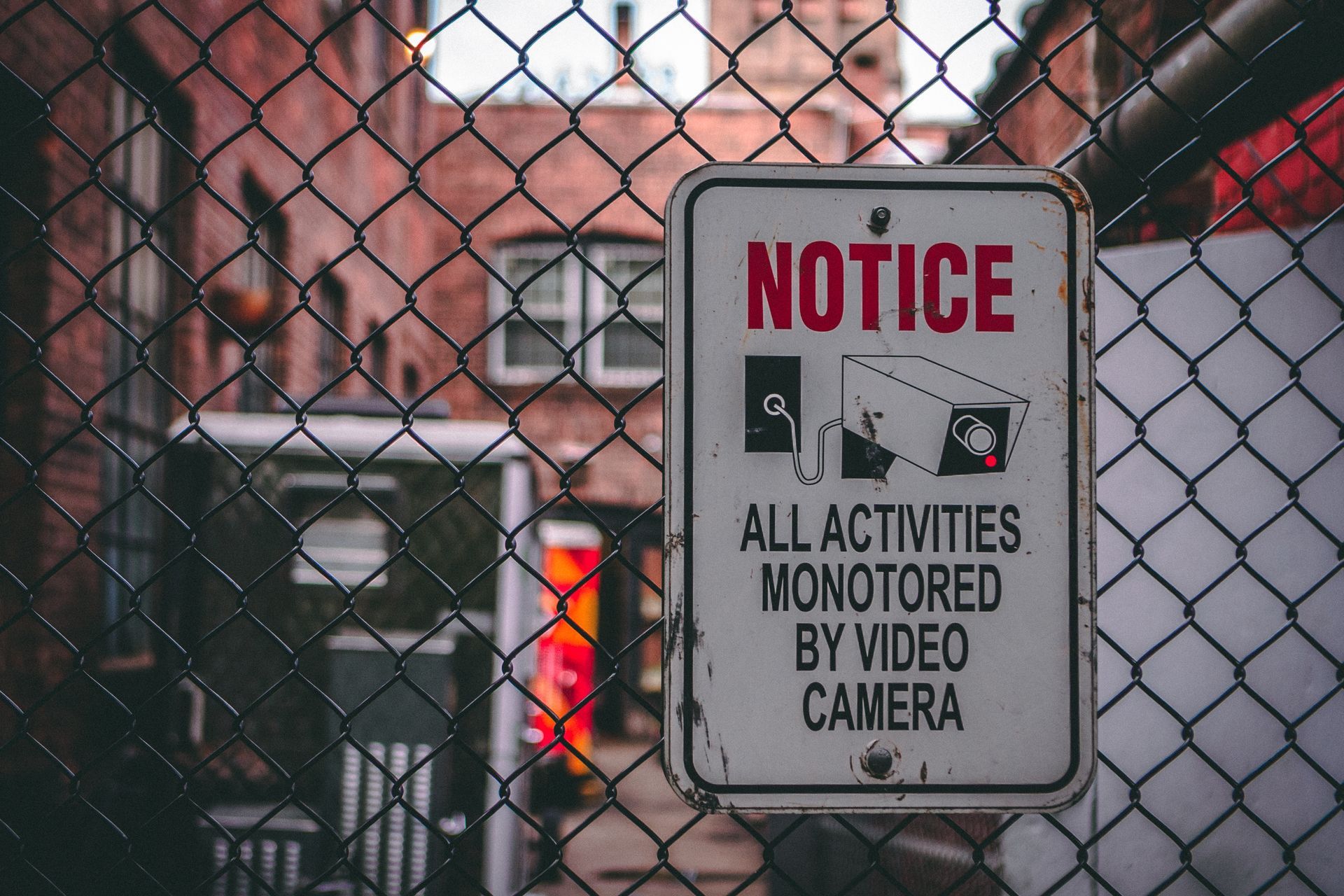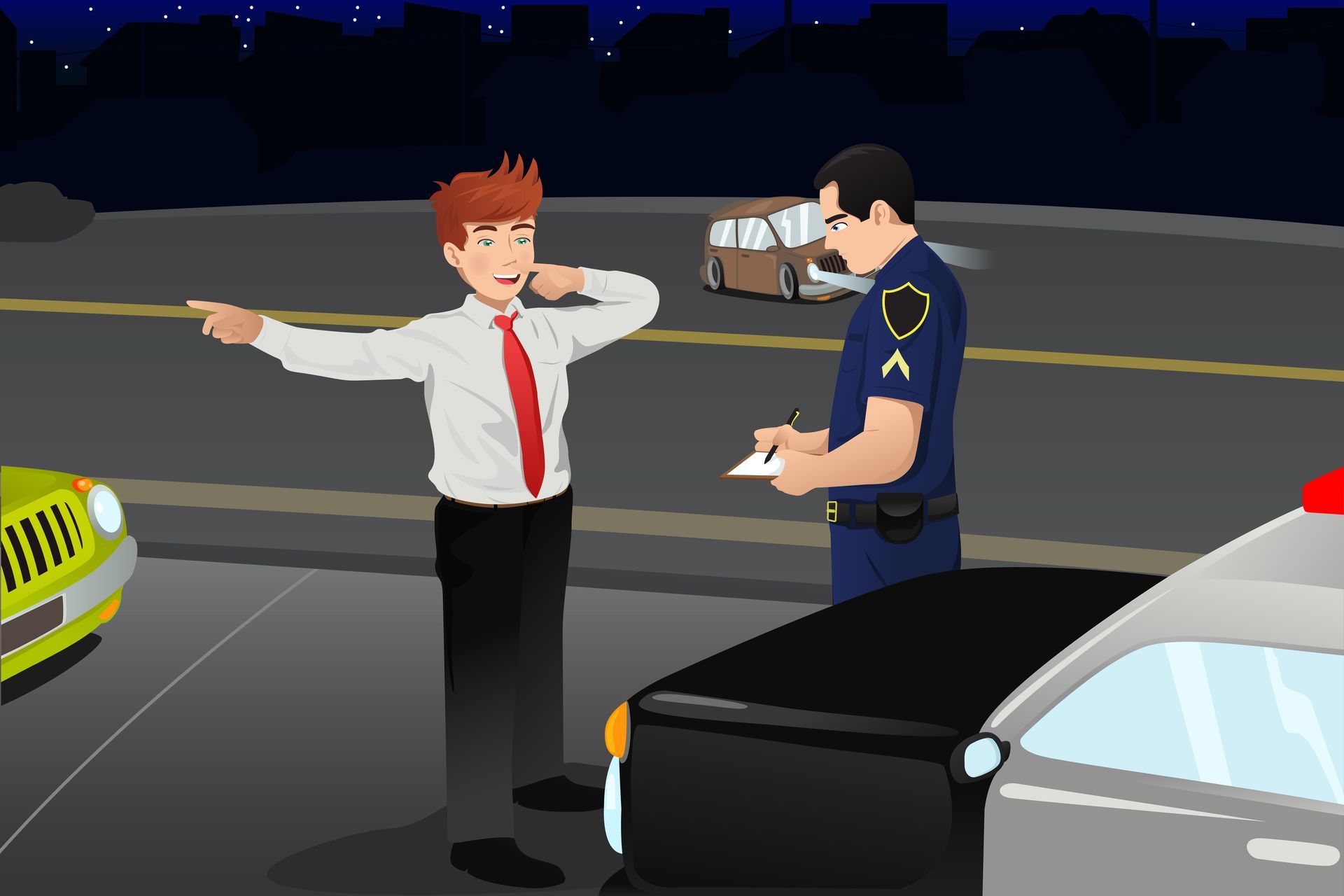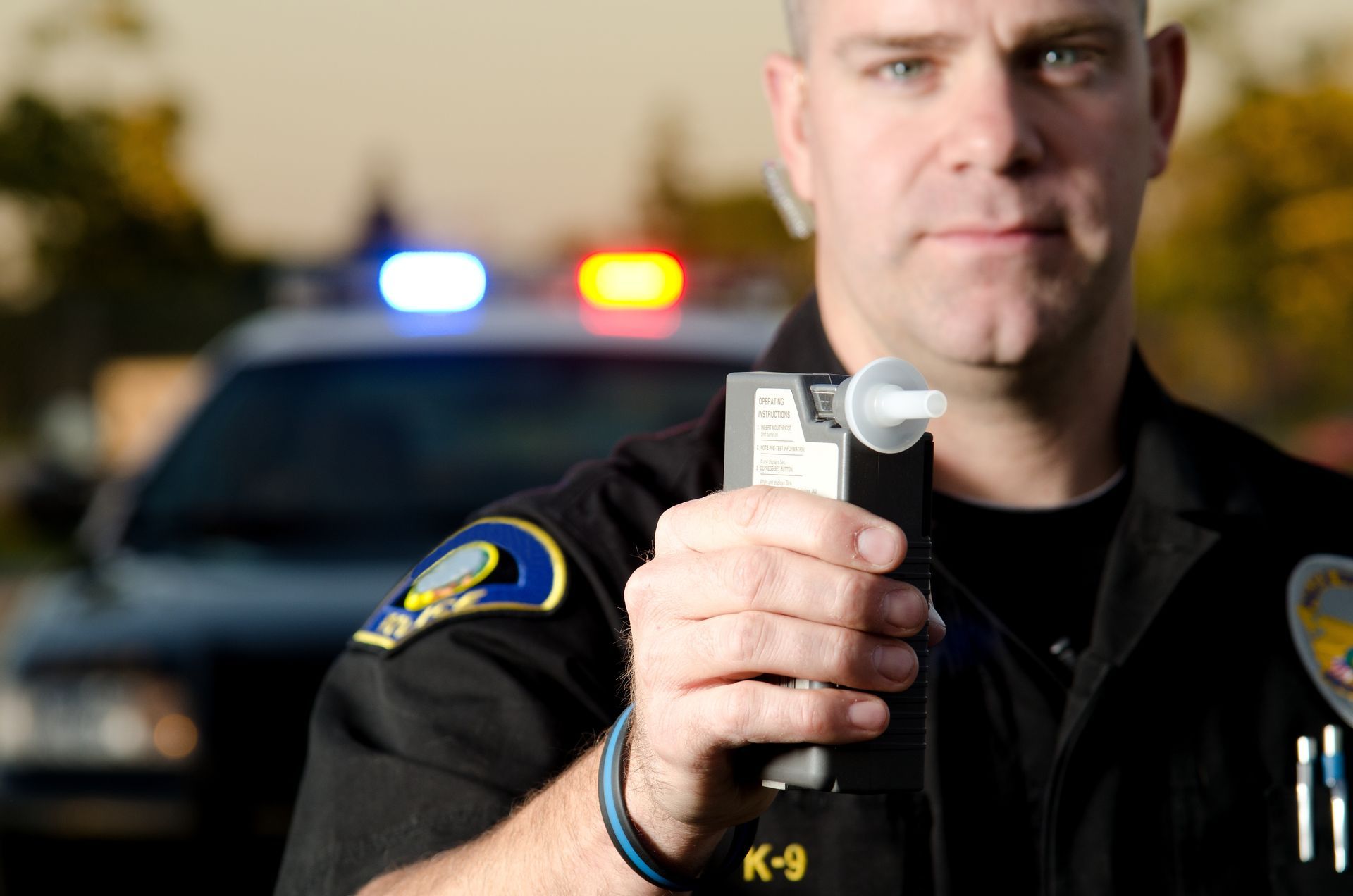Arizona Security Cameras, Video Recordings and Trespassing Laws

Because laws regarding camera usage and trespassing are different for each state, many Arizona residents might not know exactly where the state draws the line between legal and illegal video recordings. Understanding the state’s specific laws can be relevant in scenarios where an illegally recorded video is being used as evidence against a defendant.
Arizona Trespassing Laws
It’s illegal to unlawfully enter a property or remain there once asked by the property owner to leave. If non-compliant, property owners may use reasonable force to remove a trespasser from their property.
Technically, there is more than one way you can trespass. Stealing someone else’s personal belongings and violating someone’s personal space by attacking, threatening or recording them unlawfully can also count as trespassing, which you can learn more about here[1] .
The possible penalties for trespassing can range from a class 3 misdemeanor and 30 days in jail up to a class 6 felony and a two-year prison sentence, depending on the location in question and the circumstances surrounding the incident.
Arizona’s Camera and Privacy Laws
You may be able to argue your rights were violated if you were filmed or recorded in a location where you had an expectation of privacy. The only exception is if there are obvious signs warning about a camera being in use. In those cases, prosecutors could argue you were warned that you were being recorded or that it should have been obvious that a recording was being made.
Examples of places where you have an expectation of privacy include bathrooms, bedrooms or locker rooms. You do not have an expectation of privacy when you are outside a person’s house, like when you’re walking up to their front door, a window or in their backyard.
If a homeowner had a surveillance camera in their backyard or front yard – even if it was hidden from view – it will likely not be possible to have the evidence thrown out on privacy grounds if the camera recorded you doing something illegal.
It would be a different story if you were recorded doing something illegal (like drugs) in a bathroom. In that case, the recording is likely inadmissible unless it can be shown you were informed of the camera’s presence (or it was obviously visible) prior to the illegal act.
Despite the legality of surveillance cameras, video evidence can sometimes be challenged if law enforcement didn’t take the proper steps when obtaining the video. Private individuals are under no obligation to hand over video evidence to law enforcement unless they are required to do so through court orders.
Are There Restrictions on Recording Audio in Public Places?
Not necessarily. Because Arizona is a one-party consent state for wiretapping and audio recordings, as long as one party involved in a conversation consents to the recording, it is generally considered legal.
However, recordings are sometimes subject to anti-eavesdropping laws. This means that if someone not party to the conversation intercepts the recording, they could face substantial legal penalties. The ant-eavesdropping laws don’t apply in certain settings, such as a police interrogation room, where you can’t reasonably expect privacy.
Recording Police Officers
In 2022, the state made it illegal for bystanders to record within eight feet of a police officer who is working. Failing to comply with this law can result in a misdemeanor charge and a fine and up to 30 days in jail.
The exception to this is if the person filming is on their own property, although they may be asked by police to leave the vicinity if they are perceived to be disrupting the scene. The person being arrested may also film as long as they act in compliance with police orders and aren’t holding their phone while being handcuffed, searched or undergoing a sobriety test.
The Usage of Red Light Cameras in Your Case
Another way in which you could be filmed without it being considered a violation is with a red light camera. While red light cameras are primarily used to capture incidents of excessive speeding and red light violations, they can also possibly be used by the prosecution if they capture the offense you’re being accused of. However, law enforcement would need to secure a warrant and properly authenticate that the footage hasn’t been tampered with before being able to present it in court.
Arizona board-certified criminal defense attorney Michael Alarid III will ensure your rights are protected, calling out the prosecution and discrediting the footage if they fail to follow the necessary steps to legally obtain footage.
Ensure Your Constitutional Rights Are Protected in Arizona
If your right to privacy is being violated by the prosecution during their investigation, the Law Office of Michael Alarid III is ready to defend you. As an Arizona board-certified criminal defense lawyer, Michael Alarid III is well-versed in Arizona’s trespassing and camera laws and will use that knowledge to build a persuasive defense.
Call (602) 818-3110 or complete our online contact form for a free case consultation.
Link to "three types of trespassing" blog



